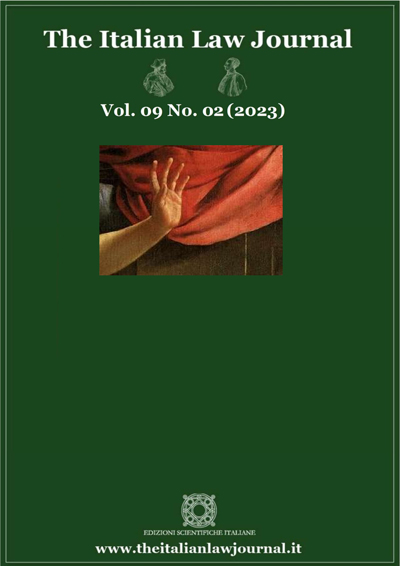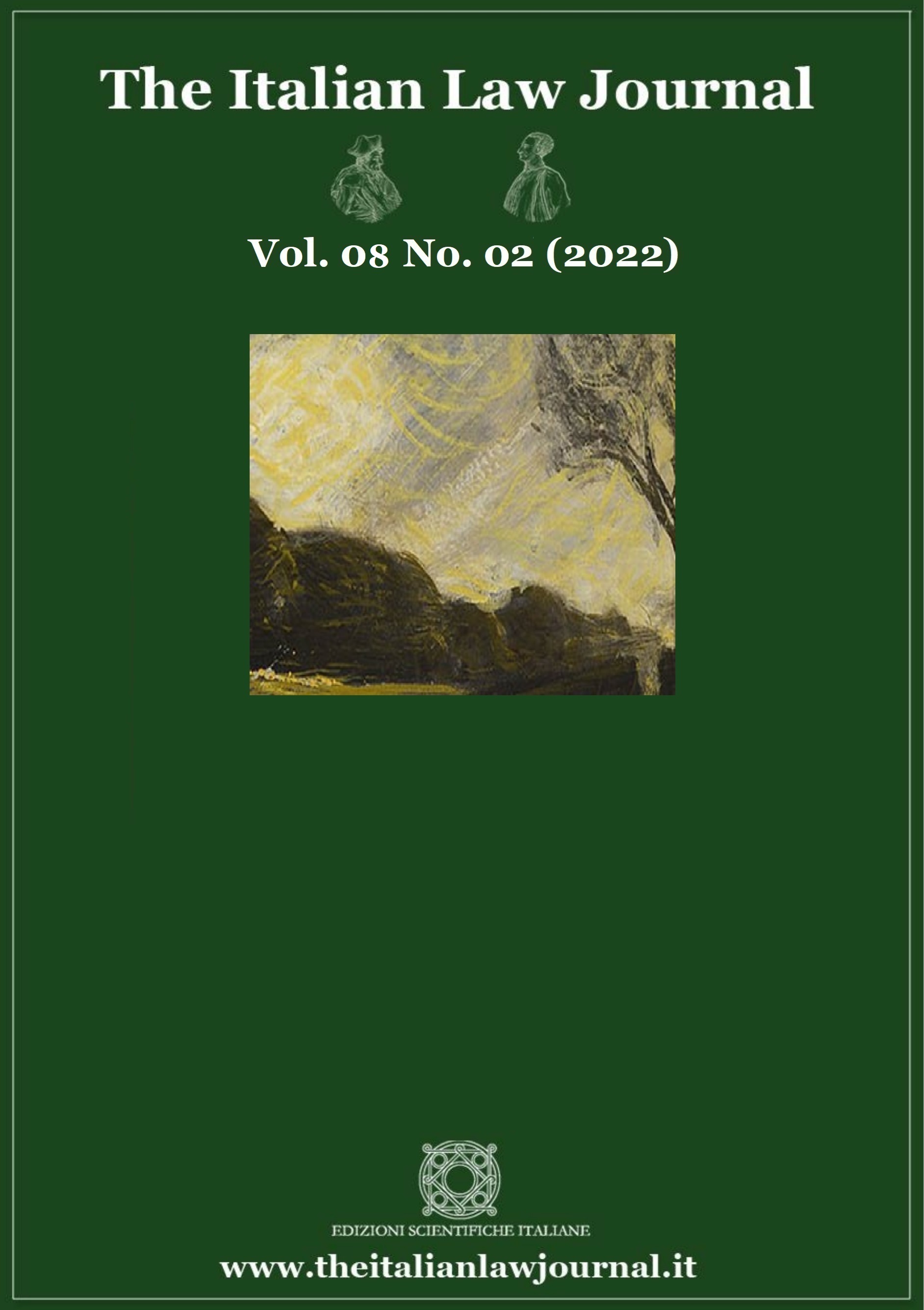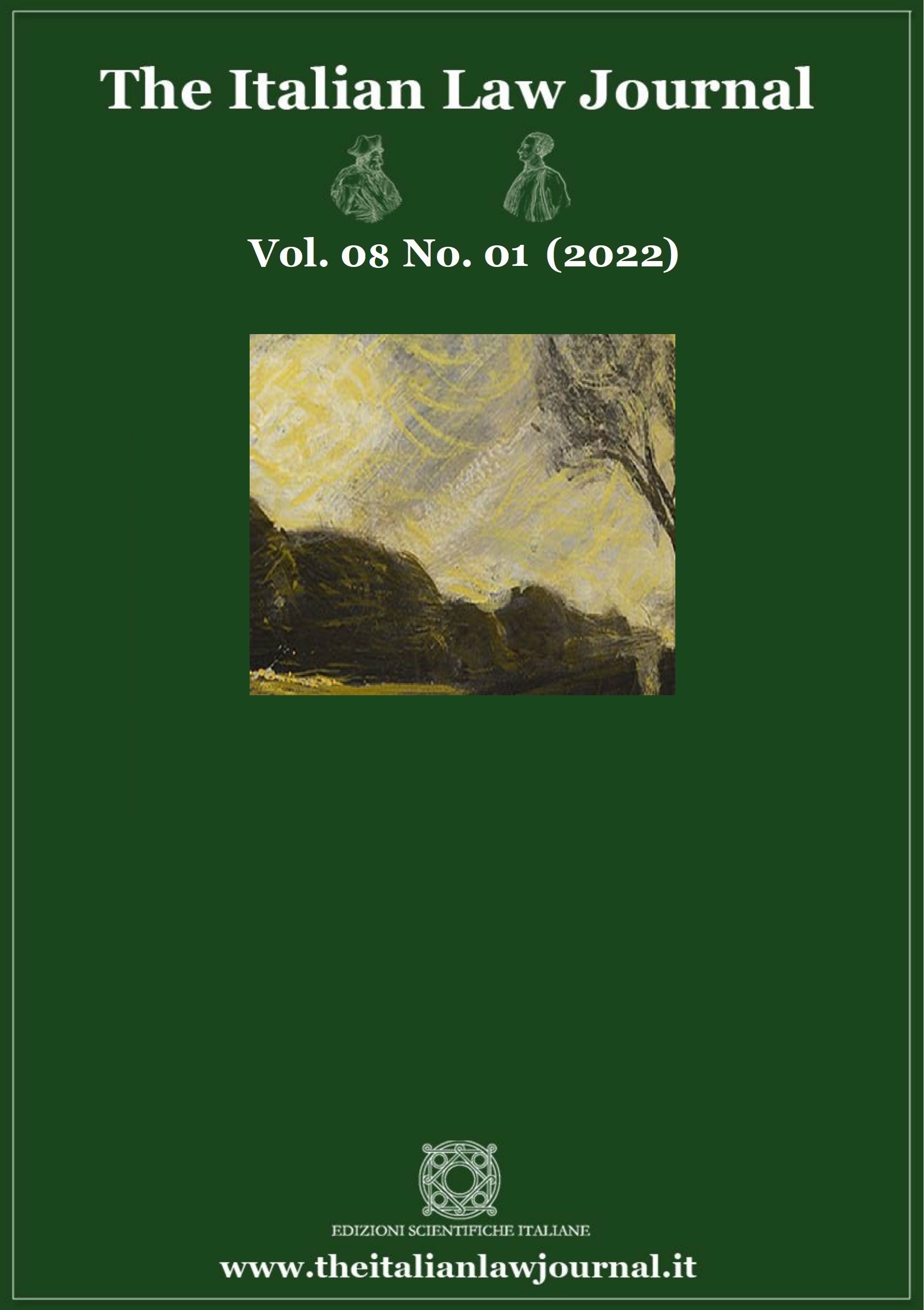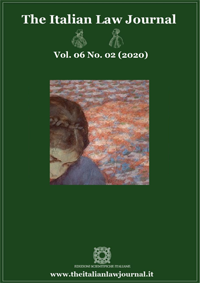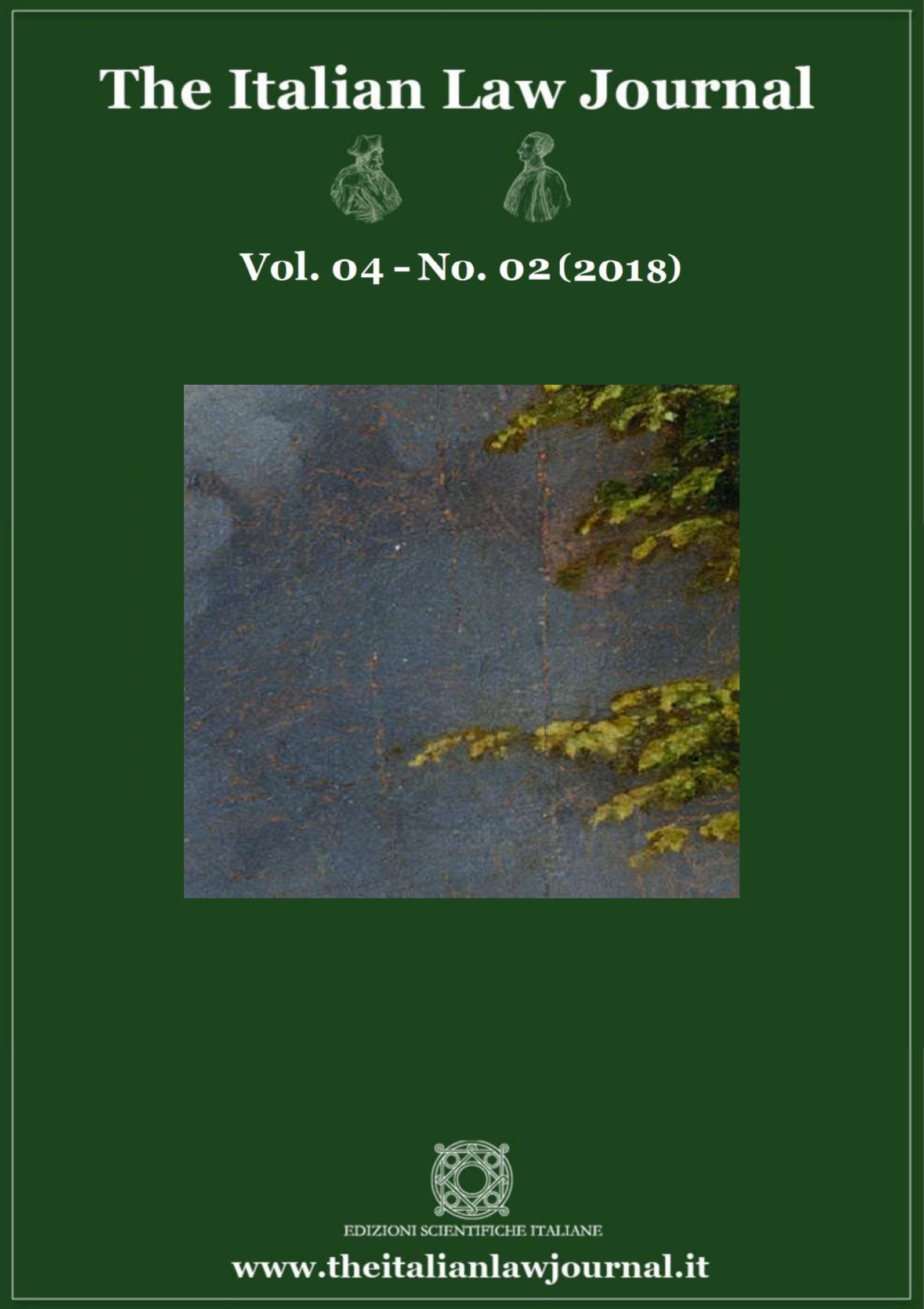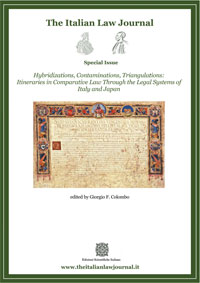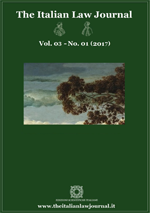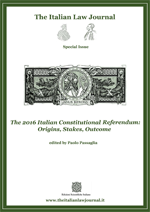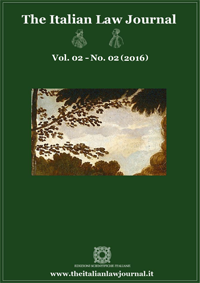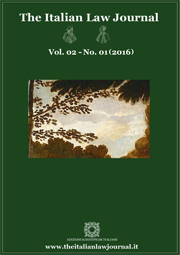3 THE ITALIAN LAW JOURNAL NO. 2 (2017) The Expanding Boundaries of MiFID’s Duty to Act in the Client’s Best Interest: The Italian Case by Luca Enriques and Matteo Gargantini MiFID requires investment firms to act in accordance with the best interests of their clients. This overarching principle shapes firms’ professional conduct in at least two ways. First, it sets a general standard firms have to comply with when dealing with their clients, and its breach may lead to civil remedies for clients or administrative sanctions for investment firms. Second, the duty is the backbone of the detailed conduct of business rules within the body of MiFID II and its implementing measures, playing a role in their interpretation. In this paper, we analyse the duty to act in the clients’ best interest within the MiFID II framework, and illustrate its practical relevance by looking at its role in Italian financial markets law. More specifically, after recalling how the duty came to be an essential part of the ISD/MiFID framework, we map how the duty is spelt out, at various junctures, in the Directive and highlight its functions. Next, we look into how the duty operates with reference to different investment services and activities covered by MiFID II, claiming that the duty is quite difficult to reconcile with services characterized by at-arms’-length relationships between the investment firm and the client. Then, we focus on the use of the duty in the law in action of one member state, Italy, where retail investors have suffered from egregious cases of mis-selling of bonds issued by the banks acting as their investment services providers. We conclude that the MiFID II regime falls short of clarifying with sufficient precision the implications of the best interest duty and, at least in the civil law jurisdiction we focus on (Italy), significantly expands the scope for judicial review of purely arms-length firms-clients relationships. DOI 10.23815/2421-2156.ITALJ ISSN 2421-2156








